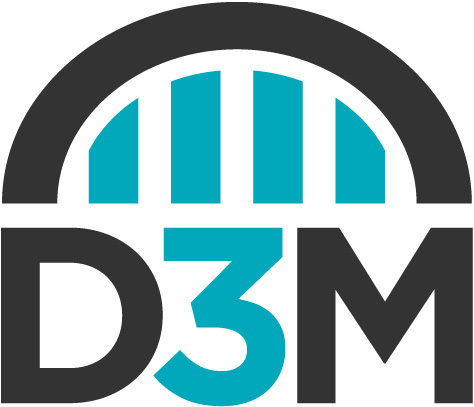The following talking points are drawn from analysis and previous research on capital controls in Lebanon.
The following talking points are recommended:
- TALKING POINT 1: Encouraging the Illegitimate Withholding of Money and Lack of Responsibility
- TALKING POINT 2: Capital Control Committee and Regulatory Bodies Should be Independent
- TALKING POINT 3: Handcuffing Depositors
- TALKING POINT 4: Listed Exemption Categories Open Doors for Clientelism
- TALKING POINT 5: Amendments to the Law Should Protect Depositors and Eliminate Any Chance of Exploitation
TALKING POINT 1: Encouraging the Illegitimate Withholding of Money and Lack of Responsibility
- Since before the October 2019 uprising, Lebanese banks used informal capital controls to prevent many depositors from accessing their money, while political elites conveniently transferred their money abroad.
- The new draft law seeks to legitimize past illegal capital controls by granting amnesty to financial institutions, BDL and the state to any ongoing or future prosecution in local and foreign jurisdiction concerning illicit withholding of people’s money since October 2019
- The amnesty clause absolves banks from any obligation to pay compensation, and to be held accountable for their illegitimate capital control practices.
Key Message
Banks should not be legally protected against imposing illegal control on people’s money, but should apply retroactive capital control to October 2019 supported by lifting banking secrecy to identify and prosecute who transferred big amounts of money abroad after that date.
TALKING POINT 2: Capital Control Committee and Regulatory Bodies should be Independent
- The draft law dictates the creation of a Capital Control Committee (CCC) with complete authority to oversee the application of capital controls, inclusive of withdrawal thresholds and exemption categories.
- The CCC members comprise of the BDL governor, the Minister of Finance and three experts assigned by the Prime Minister, while implementation of the law is monitored by the Banking Control Commission (BCC).
- As a result, the CCC membership, decision-making and oversight structure is rife with conflicts of interest, given that the Association of Banks in Lebanon (ABL) holds seats on the BCC, while the prime minister’s brother Taha also holds shares in the banking sector. The CCC’s decisions will therefore be in the favor of banks instead of depositors.
- The CCC selected exemption categories will also be in favor of well-connected individuals and companies, as the listed exemptions are broad and ambiguous.
Key Message:
The CCC’s membership and its oversight bodies should be politically independent to remove any conflict of interest with the financial institutions that contributed to the economic collapse.
TALKING POINT 3: Handcuffing Depositors
- The latest draft consecrates discrimination between depositors by codifying the distinction between “new and old money”, where old money is subject to withdrawal and currency adjustments set by the Capital Control Committee (CCC).
- The withdrawal currency of the current limit lying at 1000 monthly USD is not properly fixed, allowing banks to keep on withholding depositors’ money to cover the financial institution’s losses. The real tradable value of deposits’ money is decreased without any plan guaranteeing when depositors will access the full value of their deposits.
Key Message
The latest draft law is making depositors unfairly foot the bill of losses by leaving room for the compromised CCC to adjust withdrawal amounts and currency.
TALKING POINT 4: Listed Exemption Categories Open Doors for Clientelism
- Categories exempted from capital control are defined, amended, and approved by a compromised CCC without any framework, defining criteria, limits and accountability.
- The listed exemption categories are ambiguous and imprecise, leading to broad interpretations and loopholes.
- Inaccurate and undescriptive exemption categories give the CCC ample room to make concessions, manipulate, and privilege connected individuals and businesses.
Key Message:
Exemption categories should be specific, descriptive, and elaborated, and shouldn’t be left at the sole mercy of the CCC to avoid clientelism and unfair favouritism.
TALKING POINT 5: Amendments to the Law Should Protect Depositors and Eliminate any chance of Exploitation
- The draft law seems to be a tool to protect the banks while feeding on depositors’ money to cover the country’s financial losses.
- Capital controls, withdrawals, currency and exemption categories are fully controlled by the CCC without any control and accountability.
- The law in its current form is rigged with loopholes that favor the CCC and connected individuals and businesses
Key Message:
The new amended law should focus on regulating the outflow of money instead of its domestic use while guaranteeing a fair control on exemptions and withdrawals through clear measures allowing for the gradual lift of restrictions over time.




